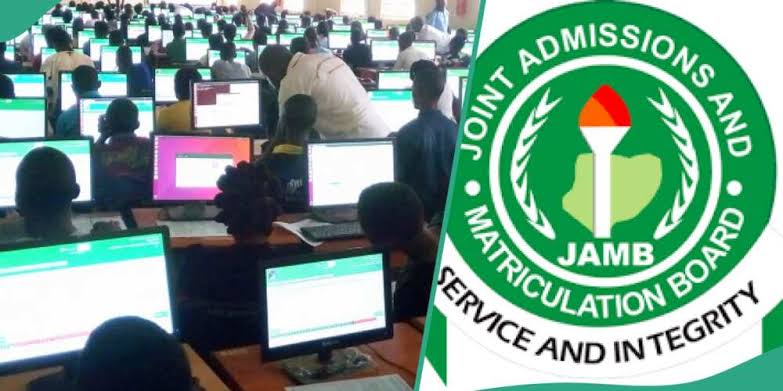The Joint Admissions and Matriculation Board (JAMB) is responsible for conducting the Unified Tertiary Matriculation Examination (UTME) and Direct Entry (DE) exams for candidates seeking admission into various tertiary institutions in Nigeria. The JAMB exams for the 2025/2026 academic session are scheduled to take place from Friday, April 19, 2025, to Monday, April 29, 2025. If you plan to take these exams, early and effective preparation is essential. Below are some strategic tips to help you ace your JAMB 2025/2026 exams.
1. Understand the JAMB Syllabus and Brochure
Familiarizing yourself with the JAMB syllabus and brochure is a critical first step in your preparation. The syllabus outlines the topics and objectives for each subject you’ll be tested on, while the brochure contains important admission requirements and a list of courses offered by various institutions.
How to Access the Syllabus and Brochure:
- Download them from the official JAMB website.
- Study these documents carefully to align your subjects and institution choices with your interests and qualifications.
2. Acquire Recommended Textbooks and Past Questions
One of the best strategies for JAMB preparation is to gather the recommended textbooks and past questions for each subject. These JAMB-approved textbooks cover all the necessary topics and provide clear explanations and examples.
Benefits of Using Past Questions:
- Familiarizes you with the exam format and difficulty level.
- Helps identify common question patterns.
You can find these resources in local bookstores, online platforms, or from fellow candidates.
3. Create a Study Plan and Schedule
To effectively prepare for JAMB 2025/2026, develop a study plan and schedule that organizes your time and resources.
Tips for Creating a Study Plan:
- Outline your goals and strategies.
- Allocate specific days and hours for each subject in your study schedule.
- Tailor your plans to fit your learning style and daily routine.
Tools to Use:
- Apps or calendars to track your progress.
- Notebooks for jotting down important points.
Sticking to your plan while avoiding distractions is key to successful preparation.
4. Join a Study Group or Online Forum
Studying in a group can significantly enhance your JAMB preparation. By joining a study group or participating in an online forum, you can interact with peers who are also preparing for the exams.
Advantages of Collaborative Study:
- Share notes, resources, and experiences.
- Ask questions and clarify doubts.
- Learn from each other’s strengths and weaknesses.
You can find study groups or forums through your school, community, or social media platforms.
5. Revise and Practice Regularly
Regular revision and practice are crucial for success in the JAMB exams.
How to Revise Effectively:
- Set aside dedicated time for reviewing and reinforcing what you’ve learned.
- Use the JAMB syllabus, recommended textbooks, and past questions as guides for your revision.
Practice Strategies:
- Simulate exam conditions by timing yourself during practice sessions.
- Monitor your progress to identify areas that need improvement.
Conclusion
Preparing for JAMB 2025/2026 is a challenging endeavor, but with determination and the right strategies, you can increase your chances of success. By following the tips outlined above, your preparation will be effective and structured. Remember, preparation is key to achieving your admission goals, and you are not alone in this journey. Best of luck with your JAMB 2025/2026 exams!
FAQs About JAMB Preparation
When is the JAMB 2025/2026 exam?
The exams are scheduled to run from April 19 to April 29, 2025.
How can I access the JAMB syllabus and brochure?
You can download them from the official JAMB website or other reliable sources.
What textbooks should I use for preparation?
Use the recommended textbooks listed in the JAMB syllabus, as they cover the necessary topics.
Is it beneficial to study with others?
Yes, joining a study group can provide motivation, support, and diverse perspectives.
How often should I practice past questions?
Regular practice is essential; aim for at least a few past questions each week leading up to the exam.
